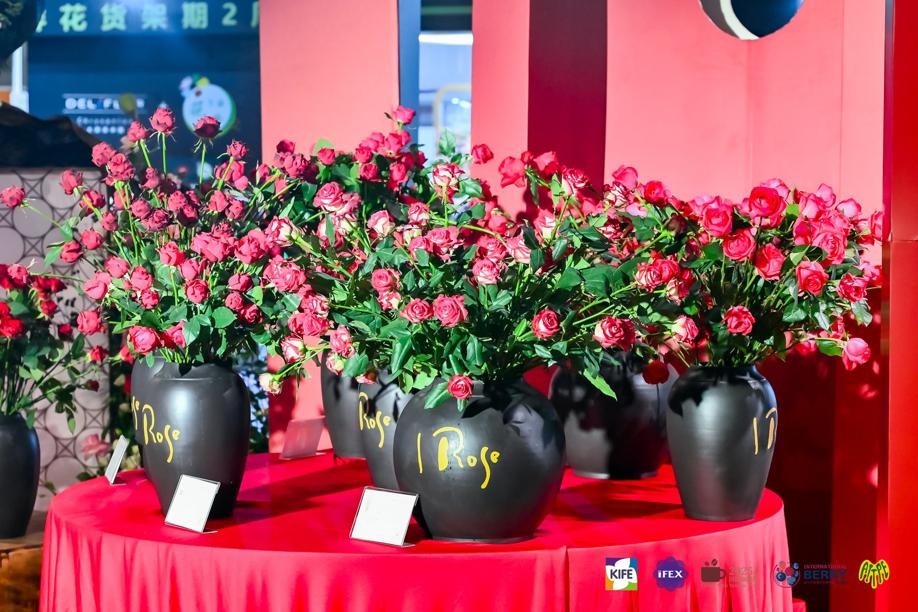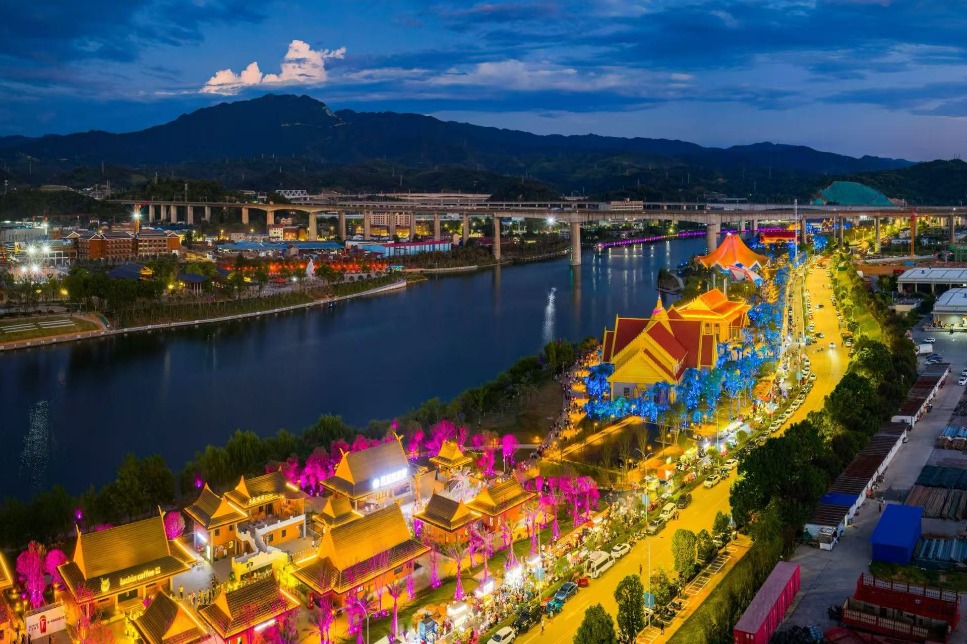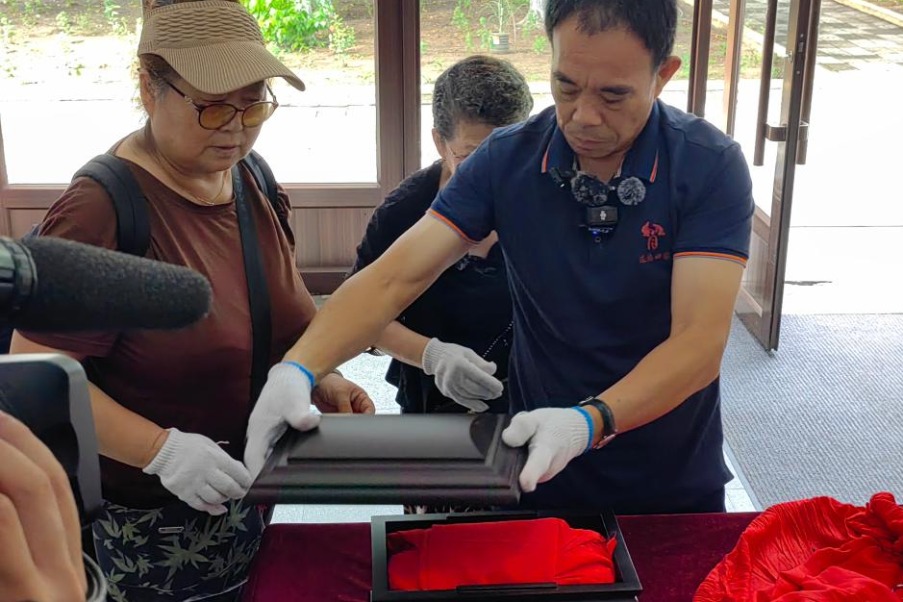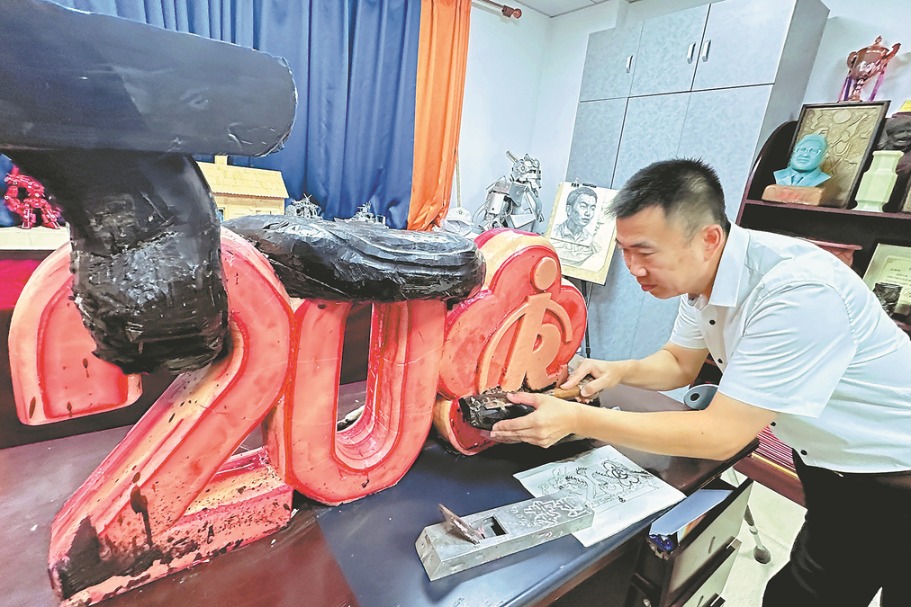Xi lays out priority tasks for urban development

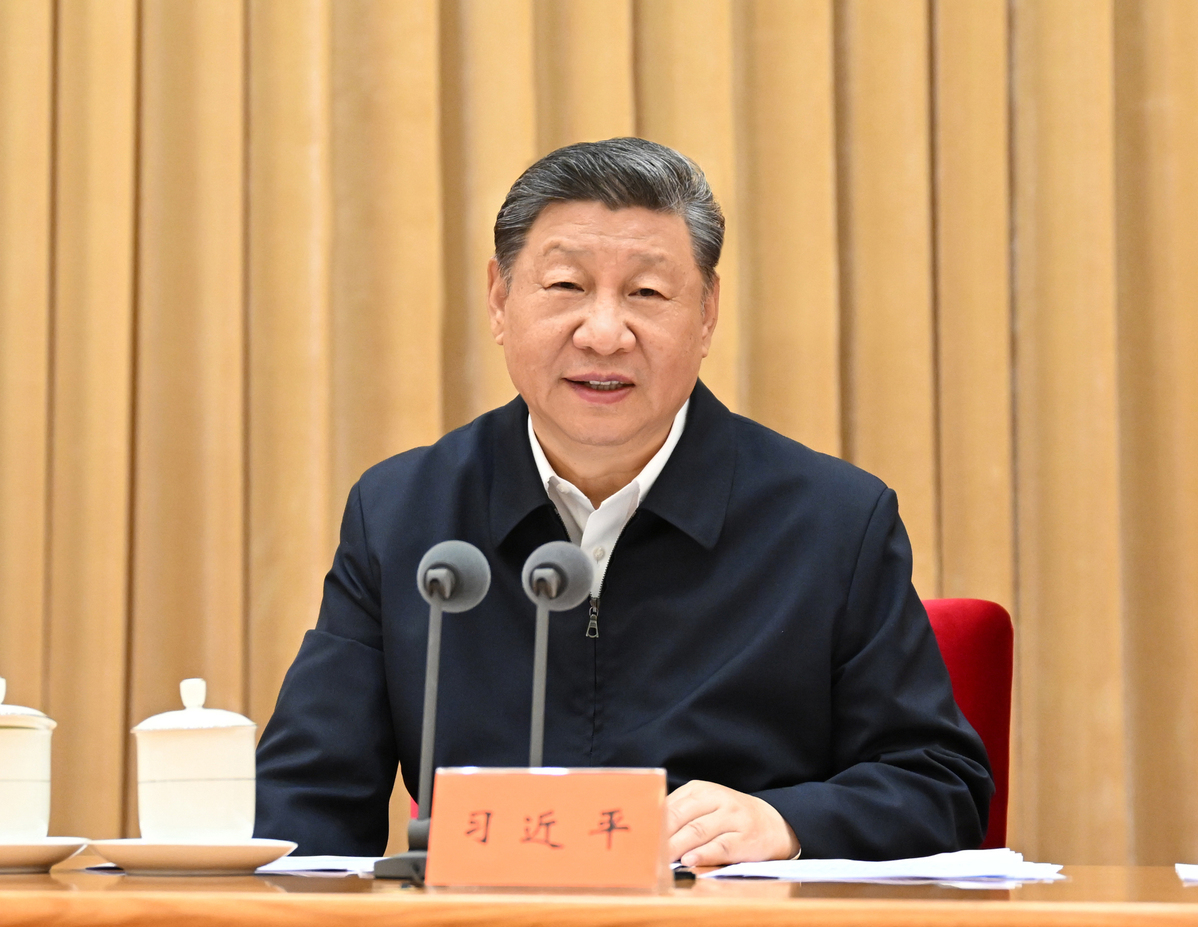
In setting priorities for urban development and governance in the years ahead, China is emphasizing the need to build modern cities that are innovative, livable, beautiful, resilient, culturally advanced and smart for the people, and to steer cities toward high-quality development.
At the Central Urban Work Conference, which was held in Beijing from Monday to Tuesday, policymakers called for concerted efforts to blaze a new path for the modernization of cities with Chinese characteristics.
President Xi Jinping, who is also general secretary of the Communist Party of China Central Committee and chairman of the Central Military Commission, laid out the overall requirements, key principles and priority tasks for urban work at the meeting.
Taking urban renewal as a key lever, China will vigorously promote the optimization of urban structures, the transformation of growth drivers, the improvement of quality, green transition, cultural continuity and more efficient governance, while firmly safeguarding the bottom line of urban safety, according to the policymakers.
The conference was last held in 2015, when China's urbanization rate was 56.1 percent, with 770 million residents living in urban areas. By the end of 2024, around 67 percent of the country's over 1.4 billion people — over 943.5 million — were urban residents.
A report released by the National Bureau of Statistics in September showed that the number of cities in China reached 694 by the end of 2023. Among them, 29 cities had a permanent resident population exceeding 5 million, and 11 cities had more than 10 million residents.
The meeting pointed out that China's urbanization is shifting from rapid growth to stable development, and that urban development is transitioning from a stage characterized by large-scale incremental expansion to one that prioritizes improving the quality and efficiency of existing urban areas.
In adapting to the changing circumstances, the nation's urban work must place greater emphasis on people-centered development, transform development models and focus more on intensive and efficient use of resources, according to a summary of the meeting.
The meeting set out priorities of urban work on seven aspects. In optimizing the modern urban system, policymakers called for efforts to foster group-based and networked urban clusters and metropolitan areas with a view to enhancing cities' overall capacity to support population and socioeconomic development.
The nation will continue granting permanent urban residency to people moving to cities from rural areas, promote coordinated development among cities of different sizes and small towns, and step up the integration of urban and rural areas.
In building dynamic and innovative cities, efforts should be made to cultivate vibrant innovation ecosystems and continuously achieve breakthroughs in the development of new quality productive forces, the summary said.
Cities should harness the power of reform and opening-up to boost momentum, carry out urban renewal with high standards, and fully leverage their role as hubs in both domestic and international circulation, the policymakers said.
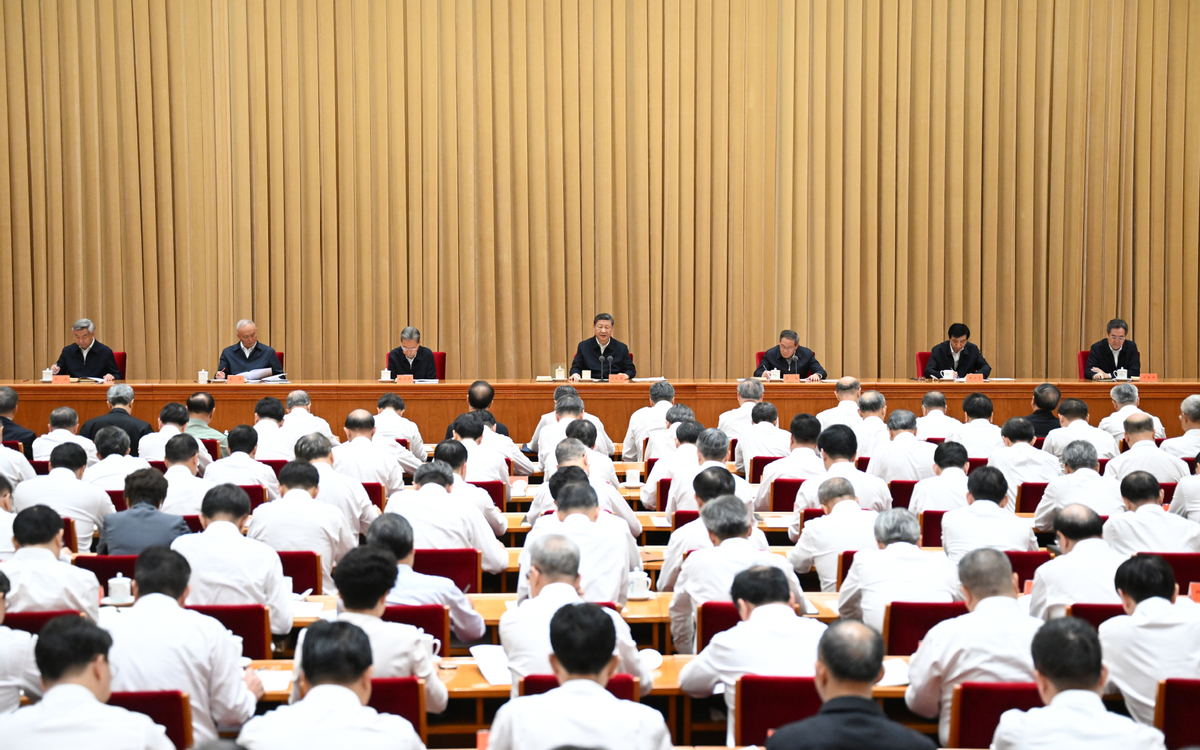
A new model for real estate development should be established as soon as possible, the policymakers said, adding that the renovation of urban villages and dilapidated housing should proceed steadily.
In October, Chinese authorities rolled out an initiative to renovate 1 million more homes in urban villages and dilapidated housing, noting that the number of homes in urban villages alone that require redevelopment in 35 major cities has reached 1.7 million units.
The meeting also highlighted steps to build beautiful cities that are green and low-carbon, saying that more effective measures should be taken to address urban air pollution, the protection of drinking water sources, and the treatment of new pollutants.
The construction of super high-rise buildings should be strictly limited, and urban housing safety must be comprehensively improved, the meeting's summary said.
Meanwhile, the policymakers also stressed building culturally advanced cities as well as smart cities that are convenient and efficient, which entails the preservation of cities' unique historical context, human geography and natural landscape, and prompt response to the pressing needs and concerns of the people.
xuwei@chinadaily.com.cn
- Wuhan University revokes student's demerit following court ruling
- BRI project wins top Asian awards for green manufacturing, sustainability
- Xinjiang's foreign trade makes big leaps in scale and openness
- Participation soars at 3rd vocational skills contest in Henan
- Wuhan court upholds dismissal of campus sexual harassment case
- Expo highlights potential of China's flower and coffee industry
















